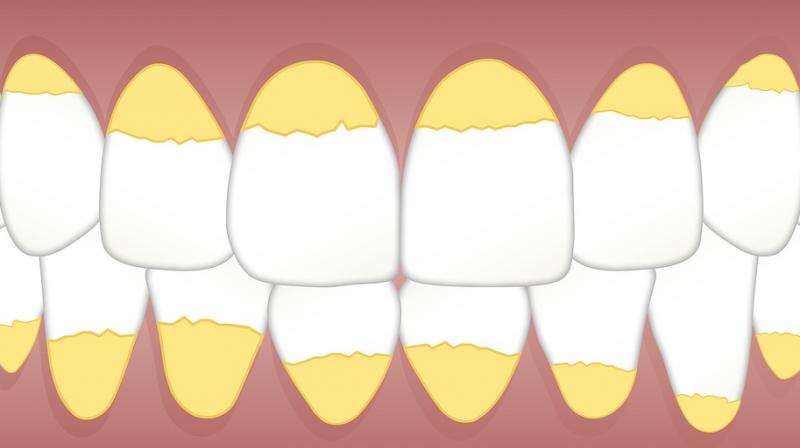New study links poor oral health to high blood pressure
Researchers suggest patients with periodontal disease may require closer blood pressure monitoring.

Washington: According to a recent study, people with high blood pressure taking medication for their condition are more likely to benefit from the therapy if they have good oral health.
Findings of the analysis, based on a review of medical and dental exam records of more than 3,600 people with high blood pressure, reveal that those with healthier gums have lower blood pressure and responded better to blood pressure-lowering medications, compared with individuals who have gum disease, a condition known as periodontitis.
Specifically, people with periodontal disease were 20 percent less likely to reach healthy blood pressure ranges, compared with patients in good oral health.
Considering the findings, the researchers say patients with periodontal disease may warrant closer blood pressure monitoring, while those diagnosed with hypertension, or persistently elevated blood pressure, might benefit from a referral to a dentist.
Davide Pietropaoli, lead investigator of the study said, "Physicians should pay close attention to patients' oral health, particularly those receiving treatment for hypertension, and urge those with signs of periodontal disease to seek dental care. Likewise, dental health professionals should be aware that oral health is indispensable to overall physiological health, including cardiovascular status."
The target blood pressure range for people with hypertension is less than 130/80 mmHg according to the latest recommendations from the American Heart Association/American College of Cardiology. The findings of the study have been published in the journal of the American Heart Association.
In the study, patients with severe periodontitis had the systolic pressure that was, on average, 3 mmHg higher than those with good oral health. Systolic pressure, the upper number in a blood pressure reading, indicates the pressure of blood against the walls of the arteries.
While seemingly small, the 3mmHg difference is similar to the reduction in blood pressure that can be achieved by reducing salt intake by 6 grams per day (equal to a teaspoon of salt, or 2.4 grams of sodium), the researchers said.
The presence of periodontal disease widened the gap even farther, up to 7 mmHg, among people with untreated hypertension, the study found. Blood-pressure medication narrowed the gap, down to 3 mmHg, but did not completely eliminate it, suggesting that periodontal disease may interfere with the effectiveness of blood pressure therapy.
"Patients with high blood pressure and the clinicians who care for them should be aware that good oral health may be just as important in controlling the condition as are several lifestyle interventions are known to help control blood pressure, such as a low-salt diet, regular exercise, and weight control," Pietropaoli said.
While the study was not designed to clarify exactly how periodontal disease interferes with blood pressure treatment, the researchers say their results are consistent with previous research that links low-grade oral inflammation with blood vessel damage and cardiovascular risk.

